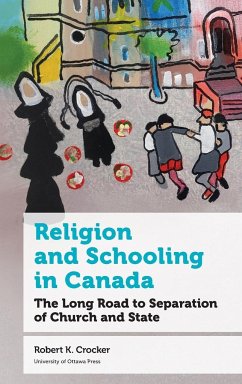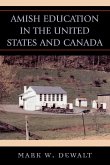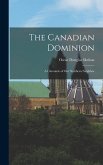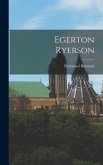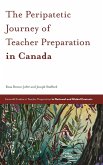Christian organizations have always played a large role in Canadian education. By 1949, five provinces had constitutionally protected denominational schools. The federal government's responsibility for the education of Indigenous Peoples was effectively contracted out to the churches for more than a century, resulting in a history of abuse that has only recently come to light. From the 1950s to the 1970s, several initiatives in different provinces set the stage for significant reforms to education. Some of these tested the limits of denominational protections, but could not shake the underlying constitutional structures. Patriation of the Constitution and adoption of the Canadian Charter of Rights and Freedoms in 1982 codified fundamental changes in thinking about civil rights. The Charter allowed existing denominational rights to be challenged on many fronts. However, all such challenges were rebuffed by the courts on the grounds that the Charter cannot be used to override other parts of the Constitution. By the 1990s, it became apparent that another route to reform was available, through the amending formula. Constitutional amendments were used to end denominational control of schools in Newfoundland and Quebec in 1997 and 1998. The circumstances around those constitutional amendments are discussed in detail as possible precedents for similar outcomes in Alberta, Ontario, and Saskatchewan. This book contends that change will certainly come to these provinces and several paths to reform are explored. This reform aims to remove the discrimination inherent in denominational institutions while preserving some form of religious involvement in certain schools.
Hinweis: Dieser Artikel kann nur an eine deutsche Lieferadresse ausgeliefert werden.
Hinweis: Dieser Artikel kann nur an eine deutsche Lieferadresse ausgeliefert werden.

